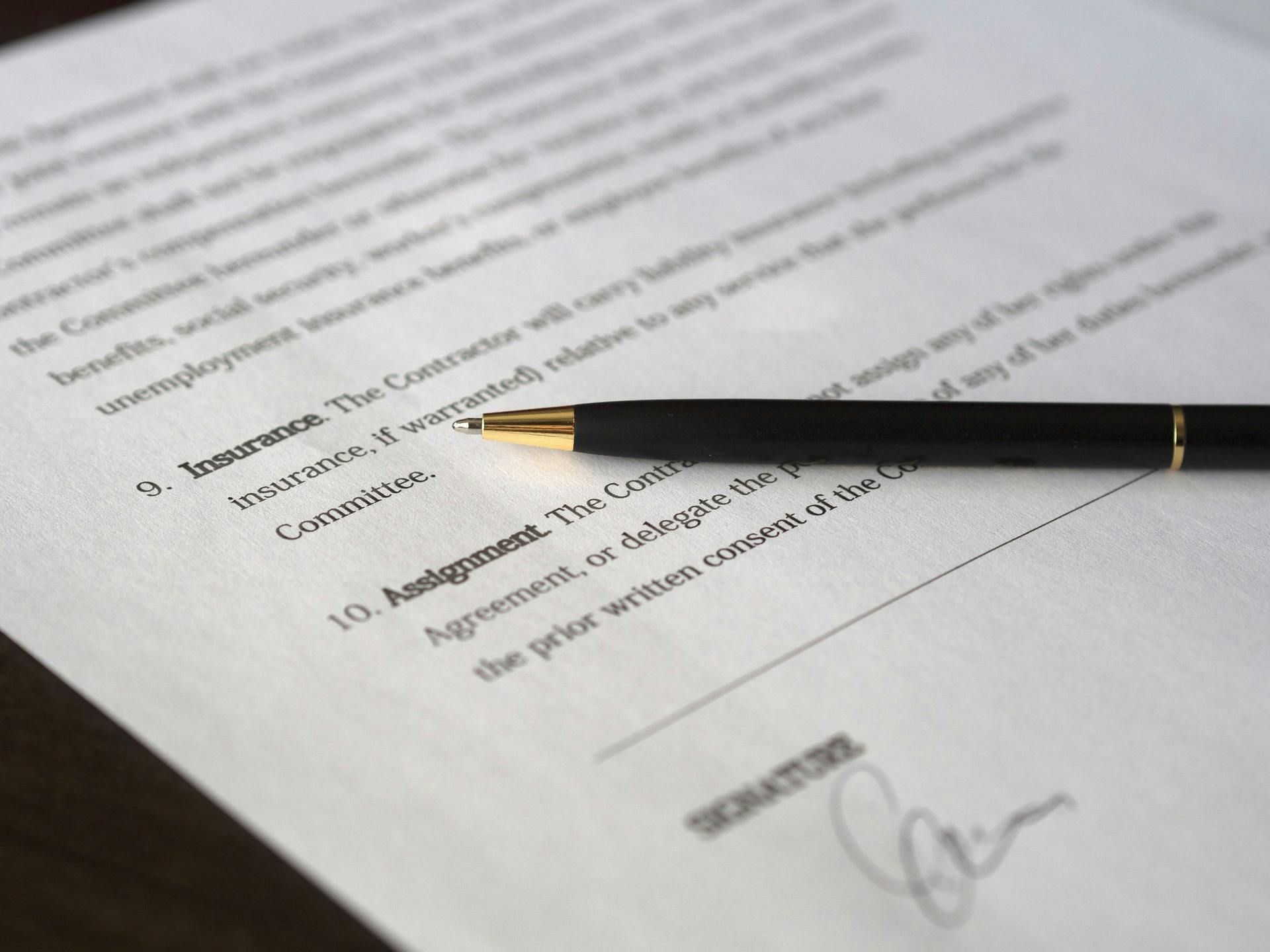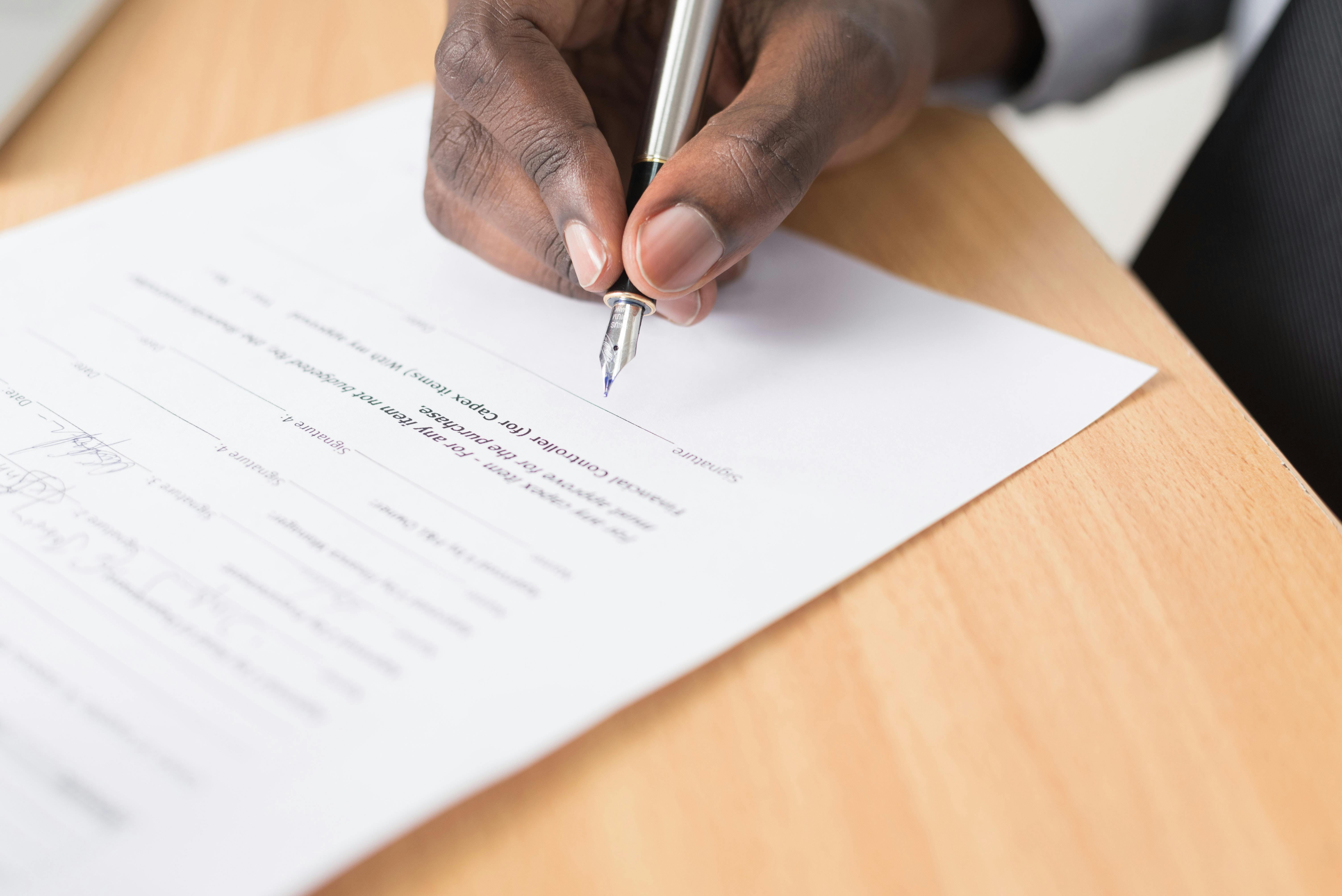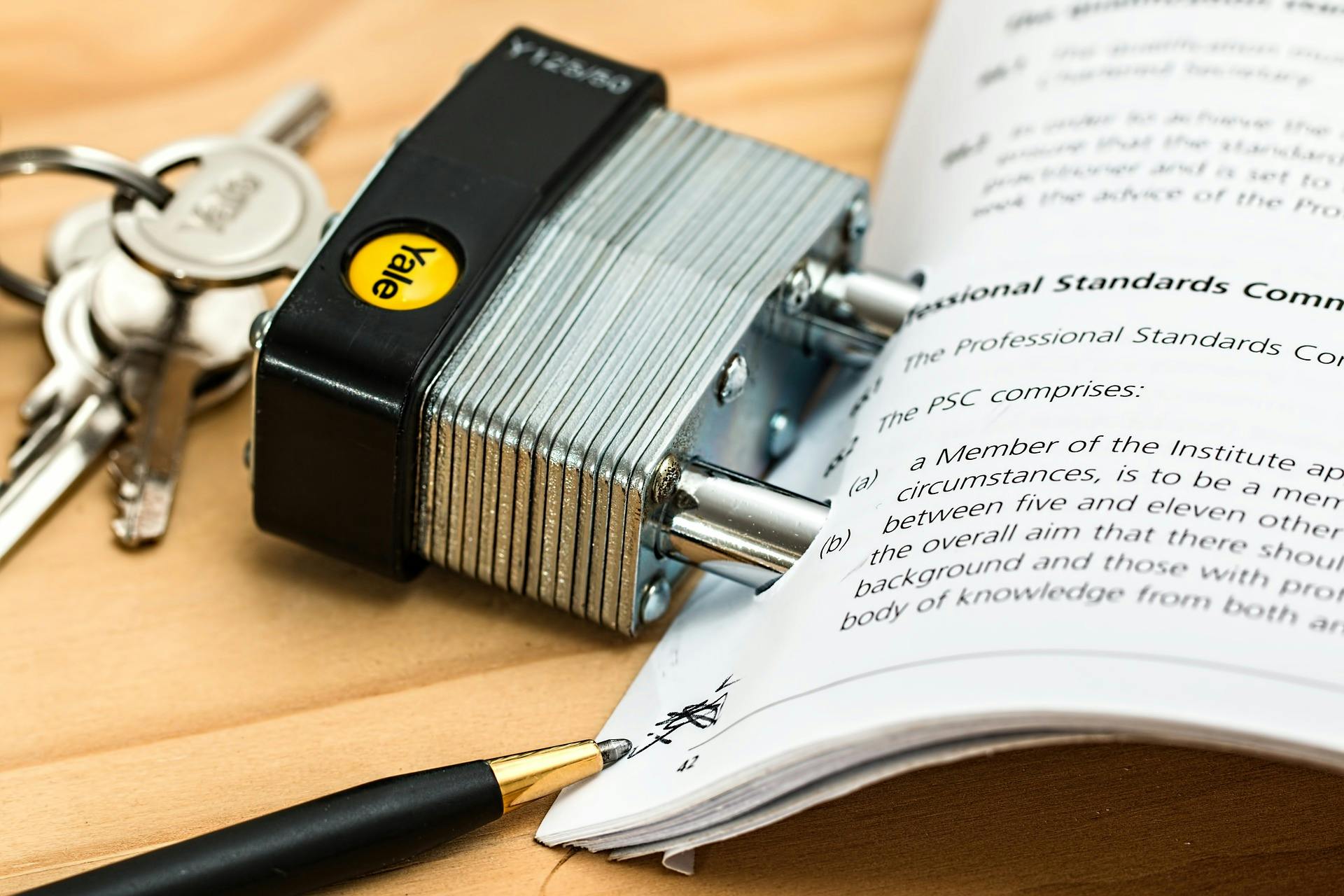Everyone has been in this situation before: You are asked to sign some forms, including a waiver of liability, before you are able to take part in some sort of activity. If your child wants to attend a friend’s birthday party at an indoor trampoline park, a waiver must first be signed. If you are starting a membership at a new gym, again, a waiver must be signed. But what does signing these waivers really do if you, or someone you signed on behalf of, suffers an injury? Does your signature excuse the company at fault from all liability? These are the questions we will be answering in this article.
What are Waivers?

You may be asked to sign a waiver before participating in any activity that could create liability on the behalf of the entity that is hosting the activity. Simply put, a waiver is a contract stating that whoever signs it will not hold the business accountable for injuries suffered as a result of using their facilities or participating in specific activities. If you take your kids to a water park, it is likely that you will be required to sign a document waiving your rights to hold the company that owns the park accountable for any injuries that may occur. However, if you take your kids mini-golfing, a waiver will not likely need to be signed because there is not much inherent risk involved in the activity.
Unfortunately, most people sign such documents in haste without realizing the full legal significance and the impact the waiver can have on their lives, especially if they or someone they love is injured after a waiver has been signed. And in certain situations, consumers may even find themselves signing a waiver without realizing it if it is mixed in with other forms.
The Legality of Waivers

If you live in Pennsylvania, as an adult you can waive your rights. But while this may seem like an open and shut case, for a waiver to actually be enforceable it has to meet certain requirements:
- The waiver must be prominently displayed, which means it cannot be hidden within other pages that need to be initiated or signed, nor can it be hidden within the fine print.
- There can be no ambiguity in its intent to relieve any and all legal liability, including liability related to negligence.
- The waiver must be clearly worded.
- The waiver must be signed by the specific individual to which the waiver will apply (e.g., a parent cannot sign on behalf of their child).
If a waiver meets these requirements, it is likely enforceable in the state of Pennsylvania. But, suppose the waiver you signed used non-standard or confusing language or was written in very small print that made it hard to read. Depending on the situation, that might be enough to void the waiver and allow you to pursue a personal injury lawsuit. Or, let us say the waiver was hidden within the pages of the signed contract such that it was hard to notice, making it appear as if the business entity requiring it was intentionally hiding its presence. Waivers must be prominently displayed, so a hidden waiver would likely fail that test and be considered void as well.
Waivers and Children
In Pennsylvania, it is important to know that the courts do not generally recognize waivers that involve children. Legally, parents can waive their own rights, but they do not have the authority to waive their child’s rights. That means that, in most cases, signing a waiver on behalf of your child at a trampoline park actually does not do anything. These types of businesses have waivers for minors mostly because they know that the majority of parents are not aware that they cannot actually sign away their child’s rights, so they believe the waivers to be valid and never file a claim.
On the other side of things, if a child signs a waiver, the legal agreement is likely voidable because the child is a minor and minors cannot enter into legally binding contracts. This is also the reason why a legal guardian must file the claim on a minor’s behalf in a personal injury case.
Do Waivers Matter?

Despite what it may seem from all the ways we have illustrated that waivers can be voided, the truth is that the majority of waivers do hold up in court. And for this reason, you should always be extremely careful about signing papers that deal with your rights and the liability of other parties. Take time to understand what the waiver really says and never sign it without reading simply so that you can get on with your plans. A signed, valid waiver can wreak havoc on your injury claim.
However, just because you signed a waiver before suffering your injury does not mean all hope is lost. Depending on the waiver and the circumstances behind your injury, the waiver may not hold up in a court of law. An experienced personal injury lawyer will be able to help you determine if this is the case for you.
Conclusion
Waivers are a staple of many recreational businesses such as theme parks, gyms, and more. Their purpose is to protect the business operating the facility or event from legal action should you get injured on their property or under their watch. However, there are a few circumstances in which a waiver of liability can be voided. And this is especially true if a minor is involved, regardless of who signed the waiver. But despite that, waivers should always be taken seriously and carefully read before being signed.
Contact Sacchetta & Baldino
If you or a loved one was injured after signing a waiver, the personal injury lawyers of Sacchetta & Baldino are here to help. Contrary to what you may have been told, not all waivers are bulletproof. Our team has extensive experience in all types of personal injury lawsuits, including those that involve waivers. We will diligently fight on your behalf so you can receive the benefits you deserve under the law. Contact us today to speak with a lawyer about your case.

